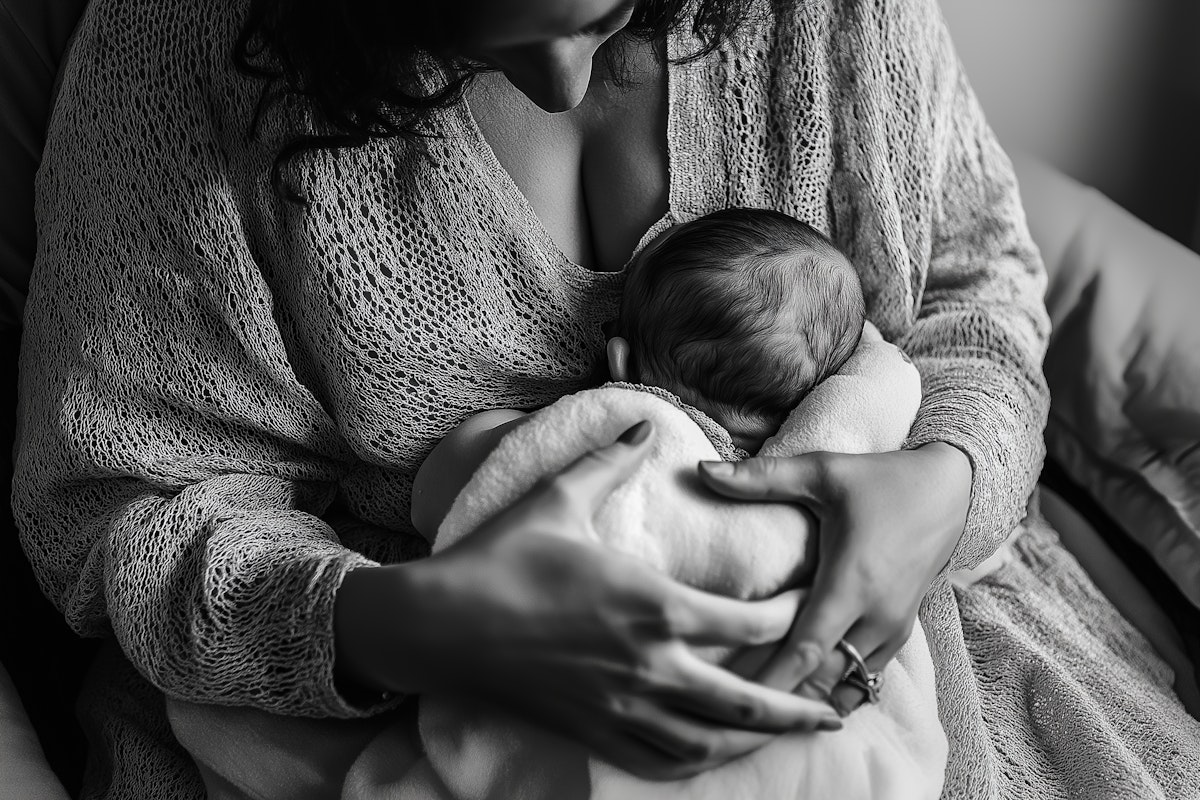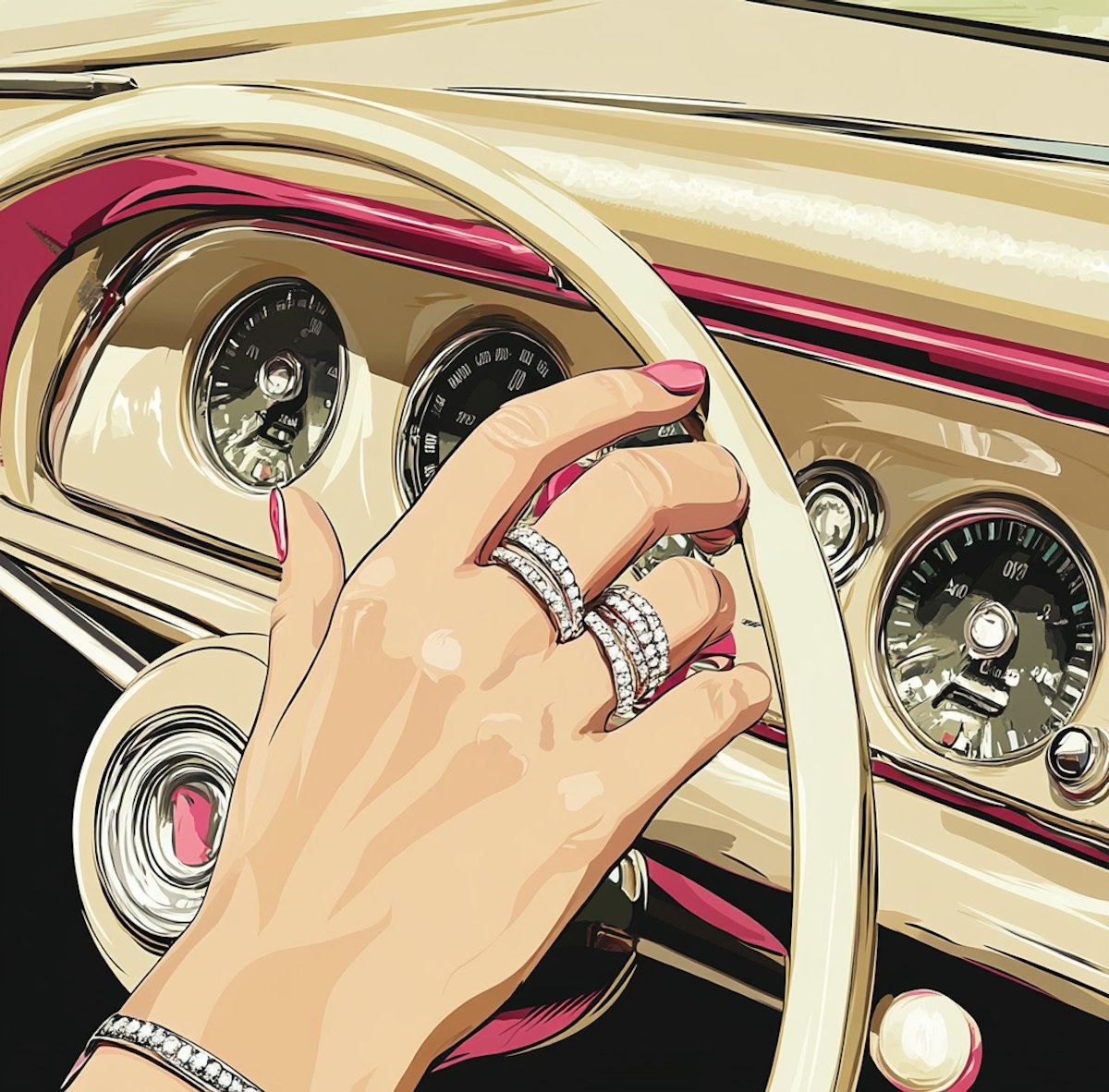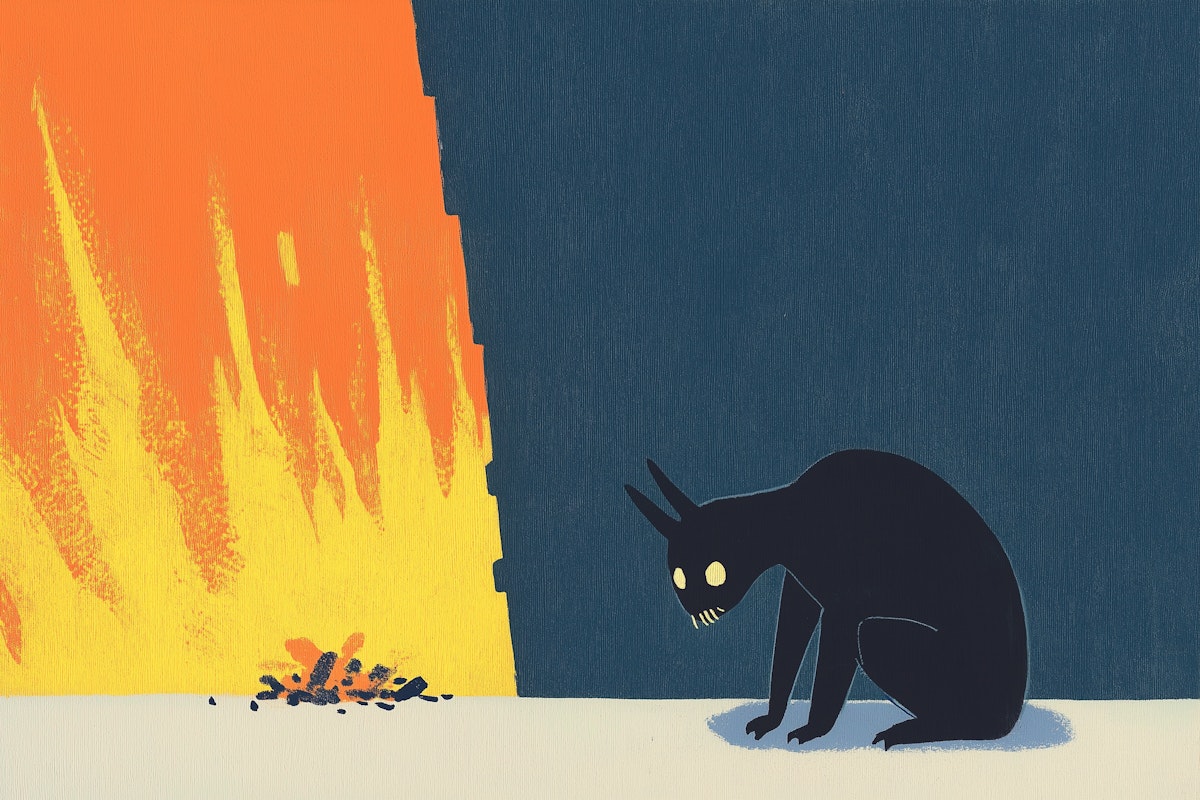There are things parents are allowed to say, and things they aren’t.
You can say you’re tired. You can joke about needing a drink. You can even, on a particularly hard day, whisper that you’d love to run away to a quiet cabin in the woods. But to say, I regret having children? That’s the line we’re told never to cross.
And yet, for some parents, the feeling exists. Not in a movie-villain, heartless way, but in quiet moments of exhaustion, longing, and grief for the life they once had. A love for their children can sit side by side with an unbearable weight they never expected.
The Feeling No One Talks About
Anonymous forums, late-night conversations with trusted friends, hushed confessions over coffee—this is where these feelings surface.
“I love my daughter more than life itself,” says one mother, 38. “But if I could go back in time, I wouldn’t have had kids. I had no idea how much of myself I would lose.”
A father, 42, echoes the sentiment: “I miss my freedom. I miss having time to just be. I miss my wife, because now we’re just two exhausted people managing schedules. I love my son, but if I’m being honest, I don’t love parenting.”
A study published in the Journal of Family Psychology found that parental burnout is real, and in extreme cases, it can lead to significant mental health struggles. This is not about bad parenting; it’s about a society that demands perfection from parents without offering support in return.

The Weight of Guilt and Love
Society tells us that to be a good parent is to be endlessly devoted, grateful, and self-sacrificing. Any deviation from that narrative is met with judgment, shame, and the quiet fear of being labeled a monster. But the truth is, parenting is relentless. It can strip you raw. It can make you long for the days when you could sleep in, spend money on yourself without guilt, or even just finish a thought without interruption.
Regret doesn’t mean a lack of love. It doesn’t mean wishing your child away. It means acknowledging that you are a whole person with needs, dreams, and limits—and that sometimes, those things feel at odds with the life you now live.
“I was raised to believe that being a mother was the ultimate fulfillment,” says Sarah, 41, a mother of three. “But what no one told me was that it could also feel like drowning. That some days, I’d look at my life and think, Is this it?”
Men are granted more space to complain. Fathers who express discontent with the pressures of parenting are often met with sympathy...
The Voices We Silence
The reason no one talks about parental regret is simple: the backlash is brutal. We idolize motherhood to a near-mythical level, and any disruption of that narrative is met with accusations of selfishness or coldness.
“There’s this idea that if you regret having kids, you don’t love them,” says Angela, 35. “That’s just not true. I would throw myself in front of a bus for my child. But I also miss me. The me who had ambition, who had control over her body, who could decide what she wanted to do with her time.”
Men are granted more space to complain. Fathers who express discontent with the pressures of parenting are often met with sympathy—“he just misses his freedom” or “fatherhood is hard.” But when a mother voices the same thoughts, she’s seen as unnatural. Ungrateful. Even dangerous.
And for non-binary parents and caregivers, the experience is even more complicated, as many feel trapped between societal expectations of femininity and the realities of caregiving that often don’t align with traditional roles.

You Are Not Alone
For anyone reading this who has felt these feelings and buried them under layers of guilt: you are not alone. You are not a bad parent. You are not broken. You are simply human.
It’s OK to acknowledge the loss of your past self. It’s OK to grieve the life that might have been. And it’s more than OK to seek support, to build moments of joy for yourself, and to carve out space that is just for you—even if the world tells you that mothers and fathers should be selfless above all else.
“I think about what life would have been like if I had chosen differently,” admits Lisa, 44. “It’s not that I don’t love my kids—I do, deeply. But there’s a version of me in an alternate timeline who never had children, and some days, I envy her.”
What Now?
If these feelings persist, know that help exists. Therapy, support groups, and honest conversations with trusted friends can help you process these emotions without shame. If you can, find time—even small moments—to reconnect with yourself. Take walks alone. Revisit an old hobby. Let yourself be more than just a parent.
There is no shame in struggling. And there is no shame in feeling both love and longing at the same time.
So, is it ever OK to admit you regret having kids? Maybe the better question is: Why have we made it so impossible for parents to say they are drowning? And how can we, as a society, create space for these feelings—without judgment, but with understanding?
We need to do better. We need to allow parents to be honest. Because only in honesty can we start making things better—for the parents who are barely hanging on, and for the children who deserve caregivers who feel whole, not just obligated.








